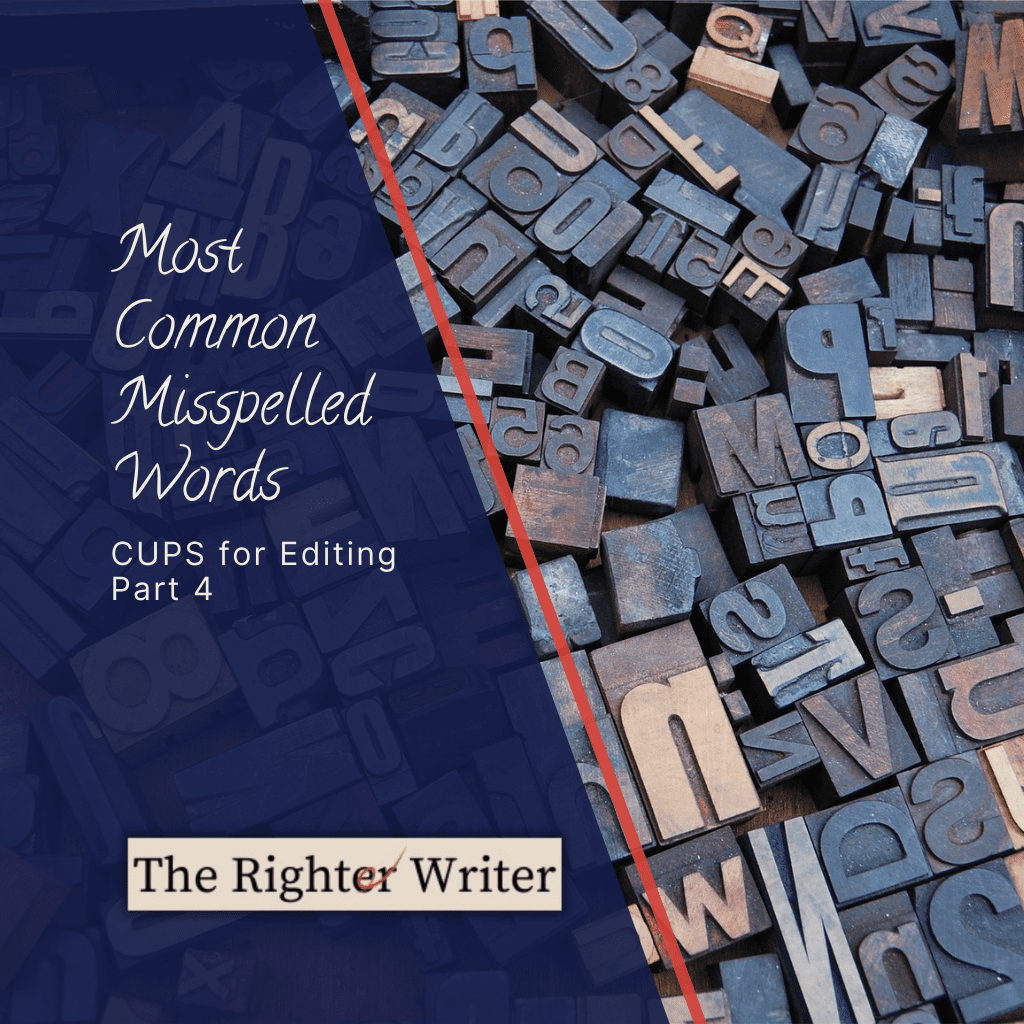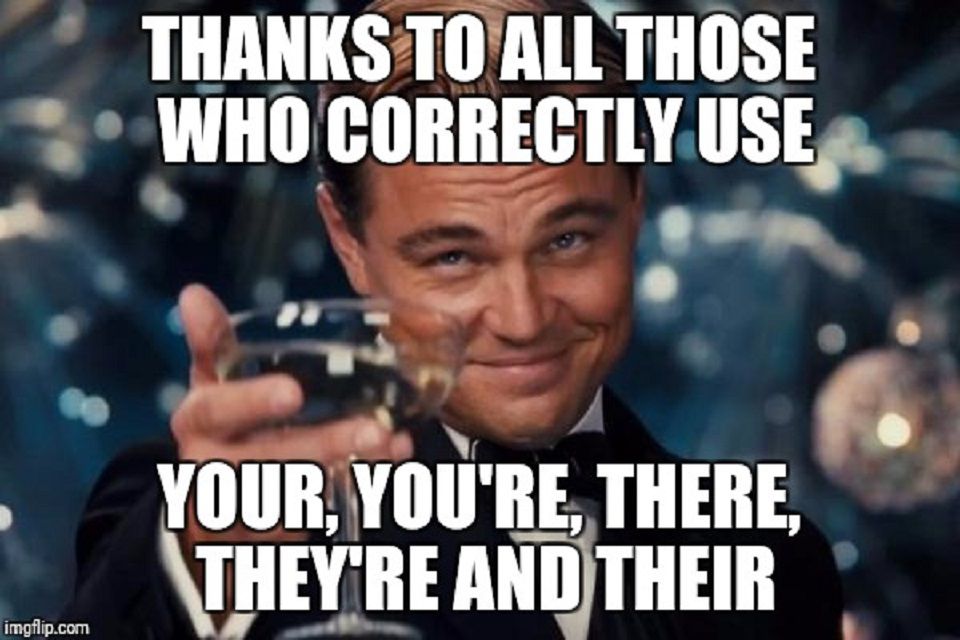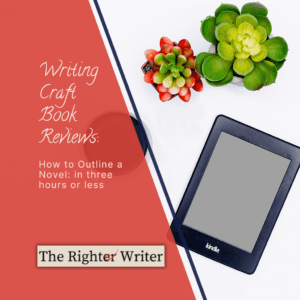
Writing Craft Book Reviews: A Book A Week
Fourth and last (for now!) in our series of book reviews featuring Kindle Unlimited books that explain ways to outline a novel. Let’s get ready for NaNoWriMo!
I'm an affiliate.
Some of the links on this page are affiliate links, but the opinions in my posts are my own, and I only mention products that I like and use myself. As an Amazon Associate, I earn from qualifying purchases. What that means is that if you click one of the links on my site and make a purchase, I might recieve compensation at no extra cost to you.

Think back to your language arts classes in high school. Do you remember using CUPS for editing? (Really, this should be proofreading instead of editing, but our teachers were working with the curriculum they had!) If you’re thinking, “CUPS? For editing? Wha—?” here’s a short explanation of how to use the acronym to proofread your writing.
Each letter stands for a different thing to check when you are proofreading:
C – Capitalization
U – Usage
P – Punctuation
S – Spelling
When you are first starting to use the CUPS checklist for proofreading, you make four passes through your writing, checking for issues with one of these things on each pass. As you get more practice proofreading, you can take fewer passes.
My next few posts will go over each of the letters in the CUPS editing strategy one by one.
Imagine this: you have spent 20 minutes typing out a complex, well-reasoned rebuttal to someone on Facebook and are waiting to see how they reply. After 10 minutes, their response is one word: *you’re.
Has this ever happened to you?
To everyone who has suffered through this, I say, “Get Grammarly.”
Seriously. Grammarly is a browser extension that will check your spelling and grammar whenever you type online, whether it’s a blog post, a Facebook comment, or an email. The paid version gives hints on your writing style, and that’s interesting, but it’s not necessary unless you write a lot for business. The free version will catch most mistakes that people make as they are just tootling around the web.
If you can’t use a really good spell check program, here are some spelling mistakes to pay special attention to when you’re editing your writing.
There are a lot of words in the English language that have double letters and a lot of rules governing when to double up and when not to; it would be a job to memorize the spelling of every single word.
Luckily, according to this article, “although an average adult native English speaker has an active vocabulary of about 20,000 words, the Reading Teachers Book of Lists [sic] claims that the first 25 words are used in 33% of everyday writing, the first 100 words appear in 50% of adult and student writing, and the first 1,000 words are used in 89% of every day [sic] writing!”
That means that you don’t need to learn how to spell 20,000 words! (Thank goodness!) You really only need to memorize the words that you use regularly and then remember to look up less common words with double letters.
accommodate (cc and mm)
address (dd and ss)
broccoli (cc but only one l)
embarrass (rr and ss)
fulfill (one l in the middle and ll at the end)
harassment (one r but ss)
necessary (just one c but ss)
occasion (cc but only one s)
occurred (cc and rr)
referred (only one f but rr)
successful (cc and ss)
until (this is here because a lot of people write it untill.)
Which ones do you remember writing recently? Those are the words that you need to memorize.
People misspell words with -er, -or, and -ar endings because they sound very similar.
Depending on where you are in the US, some of these words are pronounced differently, so you can’t just “sound them out.”
If you need to use one of these and are not 100% sure how it’s spelled—best to just look it up.
ambassador
author
calculator
director
escalator
inspector
investor
legislator
janitor
processor
beggar
calendar
familiar
liar
scholar
sugar
vinegar
compiler
defender
protester
publisher
responder
speaker
traveler
trespasser
Which of these words have you used in your writing recently?
Remember this rhyme?
I before E, except after C, or when it sounds like AY, as in neighbor or weigh.
That rhyme can help you figure out what order the letters go in for some words, but there are a bunch of exceptions that you just have to memorize.
For instance, check out all of these words that don’t follow the rule:
A weird woman seizes the heart of a feisty foreign sovereign when they meet in the middle of a heist.
Neither of them plans on falling in love, but in their escape with a surfeit of counterfeit coins, they experience a seismic change in their feelings.
The sovereign, however, gives the woman a heinous insult, and she forfeits her place without telling him she is pregnant with his heir, leaving him to reign alone.

(Okay, I just wrote that as an example, but now I think I should write a romance novel because it sounds like a good plot!)
Homophones are words that sound alike but are spelled differently and have different meanings. Sometimes very different!
It’s easy to type principle when you really mean principal or ensure when you want to say insure.
The important thing here is to know for sure what each word means.
For instance:
Cite is a verb that means to write down where your information came from.
Please cite the article you mentioned earlier in the blog.
Okay, here it is:
“How Many Words In The English Language ? How Many Do I Need To Know?”. Lingholic – All About Languages, 2021, https://www.lingholic.com/how-many-words-do-i-need-to-know-the-955-rule-in-language-learning-part-2/.
Site, on the other hand, means a location. You might see it a lot in the word website.
Do you read the site Lingholic often?
And you use the word sight when you are talking about what you see.
I like Lingholic, but I need my glasses to read it; I have bad eyesight.
accept/except
affect/effect
altar/alter
cite/site/sight
desert/dessert
hanger/hangar
incidents/incidence
isle/aisle
lose/loose
palette/palate
precede/proceed
prescribe/proscribe
right/write/rite
stationary/stationery
And these are the homophones that get made into memes.
its/it’s
there/they’re/their
too/to/two
whose/who’s
your/you’re

“I don’t need to practice my spelling! I’ll just use spell check!”
Have you heard this before? Have you SAID this before?
While it’s true that spelling and grammar checkers have progressed and can recognize far more complex mistakes than they could before (I’m looking at you, Grammarly!), there are some common misspelled words that can still slip past. (Yup, still looking at you, Grammarly…)
A spell check AI won’t be able to flag a word that should be one word but is written as two words if both of the words are spelled correctly.
Any body does not mean the same thing as anybody, but they are both technically spelled correctly.
Similar words that should be written as one word are:
Bedroom
Bookstore
Moonlight
Notebook
Teacup
Toothbrush
The entire list is way too long to write here, so I have a general rule for you to think about. There are exceptions to this rule, but if you start from here and do some specific research on anything you’re unsure about, you should be okay.
In general:
A compound noun (noun = person, place, thing, or idea) is one word
earthquake
greenhouse
hotdog
sunset
wallpaper
A compound verb (verb = something that you do) is two words
break up
take away
tear up
wear away
work on
A compound adjective (adjective = a describing word) is hyphenated when it comes in front of the noun
brand-new
cold-blooded
four-foot
part-time
well-read
(There’s a bit more about this in the hyphens section of my punctuation post.)
If you drop a letter and the result is nonsense, then of course spellcheck will flag it for you.
If you drop a letter and the result is another word, well, often spell check isn’t bright enough to figure that one out.
Adding an extra letter causes the same problem: if it’s a correctly spelled word with the extra letter, spell check isn’t going to pick it up.
Here are some examples:
bowel/bowl
heard/hard
latter/later
never/ever
world/word
And. So. Many. More.
But it’s also all too easy to skip a whole word, especially if the word is tiny and you’re typing really fast.
While a missing “a” or “the” won’t completely alter the meaning of your sentence, it’ll still give your readers pause, and it can make you look lazy or sloppy.
Check out this article, AT&T’s list of the most misspelled words from March 24, 2020, to March 24, 2021. Quarantine is number one and coronavirus is number three.
(Number two is the word favorite. Maybe they were trying to say, “My favorite thing to do while in quarantine for the coronavirus is…”)
Who knows what next year’s most common misspelled words will be.
Does everyone know how to spell apocalypse?
As always, if you aren’t up for memorizing all the rules for English spelling, you can always hire a proofreader to go over your most important documents.
And if you want more practice proofreading your own writing, the rest of the posts on using the CUPS strategy for editing are at these links: capitalization, usage, and punctuation.

I help authors, researchers, business people, students, and web marketers to polish their writing before they send it out into the world.

Fourth and last (for now!) in our series of book reviews featuring Kindle Unlimited books that explain ways to outline a novel. Let’s get ready for NaNoWriMo!

Third in our series of book reviews featuring Kindle Unlimited books that explain ways to outline a novel. Let’s get ready for NaNoWriMo!

Second in our series of book reviews featuring Kindle Unlimited books that explain ways to outline a novel. Let’s get ready for NaNoWriMo!

5 Responses